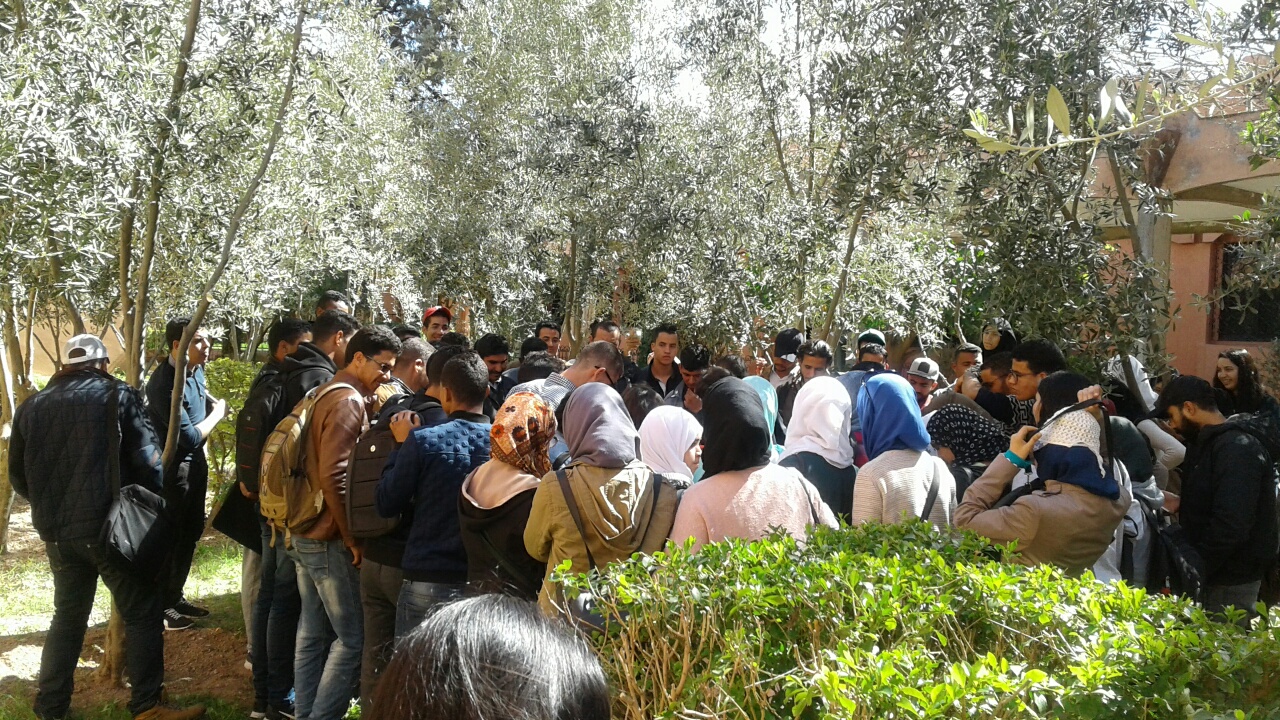
Nathan Park, HAF Intern
Marrakech, Morocco
Morocco World News just released an article covering the “first UN-sponsored Global Compact on Migration” that occurred on July 13th in New York City. Morocco was praised for the way that it has dealt with the international migration crisis by its democratic and innovative policies. In 2013, the government implemented a ‘regularization program’ to legalize irregular migrants and provide resources to aid in their societal integration.
While Morocco has taken these bold legal steps towards integrating its high influx of irregular migrants, there is still a discrepancy between policy and action. Morocco has taken positive strides in this endeavor, yet many migrants still struggle to obtain the resources that Morocco claimed it would provide.
The promise to contribute a “strong multilateral framework” for migrants across the participating countries is worthy of praise, but like Morocco’s 2013 regularization programs, its effectiveness often falters when implemented. This Compact based on international consensus represents a global vision, a global voice, that the world desires to see accomplished. But is that all it will be? Too often, voices are susceptible to getting lost amidst the shifting tides of politics.
The U.N. plans to host a conference in Marrakech next December signifying the complete adoption of the Global Compact. This will push Morocco to continue building on the regularization programs they have already established, and continue creating the necessary infrastructure to support it within their country. There will need to be a better streamlined process for regularization, as well as better legal and social infrastructures for assisting migrants with their transition to a new life.
Morocco’s migration policy model is groundbreaking for North Africa, but real progress towards addressing the international migration crisis will come only when the countries who have signed the U.N. Global Compact truly make the decision to invest long-term. Countries will need to take similar steps to Morocco in creating democratic initiatives to legalize and integrate the migrants that come to them.
One such example is a proposed legal aid clinic for migrants and refugees at University Sidi Mohamed Ben Abdellah in the Fez. Local solutions such as this reflects the will to welcome migrants into one’s country and demonstrates tangible leaps towards achieving it. But more than just representing a global consensus on the migration crisis, the Global Compact creates international accountability that is vital to making sure that policy turns to democratic action.





